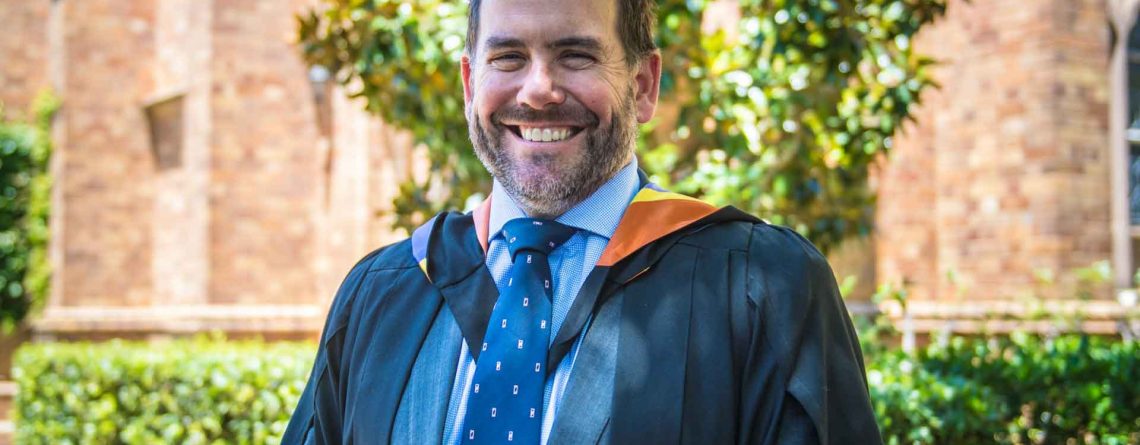From the Head Master
Trinity Grammar School is explicit in identifying that the end goal of our educational efforts is the formation of character. This is not a new emphasis for our School, nor is it one that is unique to our School. Educators going back to Aristotle and Moses have understood the importance of the formative years of childhood in the shaping of adult convictions, dispositions, habits and virtues.
I have recently been reading and thinking further about character education, prompted by a recent research report by the University of Birmingham’s Jubilee Centre for Character and Virtue. The Jubilee Centre plays a prominent role in researching and studying in this area. The Jubilee Centre frames character education in schools as being ‘caught, taught, and sought’.
Character is ‘caught’ in schools in that the school community – staff and students – provide the example, culture and inspirational influence in a positive ethos that motivates and promotes character development. That is to say, schools are formative institutions. In our context, our boys will be shaped by the people around them and the culture in which they are immersed. It is worth noting that this can happen for good or for ill. The school shapes the individuals and the individuals shape the school; this can be either a vicious or a virtuous cycle.
Character is ‘taught’ in schools in that the education experiences, inside and outside the classroom, play a role in young people developing an explicit framework of knowledge and understanding to speak meaningfully about character. This explicit education can take place across the formal NESA and International Baccalaureate curriculum, but also in the pastoral curriculum, assemblies, chapels and other such means. For example, this week our Year 9 boys took part in a seminar for young men that dealt explicitly with character in the context of the challenges presented by their cultural context. Likewise, in MS/SS chapel this term, the sermon series is unpacking Paul’s Pastoral letters from the New Testament, which deal with many character-related issues.
Character is ‘sought’ in schools in that character development is held up before the students as a matter of importance. Positive character development is affirmed and acknowledged and experiences such as sport or the Field Studies Programme are framed as having significance (at least in part) because of their formative impact on character. This elevation of the significance of character is especially prominent in our Junior School and Preparatory Schools, where our staff are particularly adept in using everyday incidents as opportunities to reinforce the priority of character in our young students.
I have found the ‘caught, taught and sought’ framework to be a helpful set of categories to consider the ways in which character formation takes place. However, it is crucial to recognise that character formation is generally a gradual, barely-noticeable process. As has been remarked, character is revealed in the big moments, but it is shaped in the little ones.
The Christian foundation of our School obviously underpins our particular approach to thinking about character. Our understanding of virtue arises from the teaching of Jesus, as does our recognition of the realities of the flaws in character that each of us experience. Selflessness that expresses love for others, respect that reflects the reality of the imago Dei in the people around us, service that recognises that the world does not revolve around us – all these dispositions and behaviours that we affirm arise from our Christian foundation.
Finally (for this article) I don’t want to claim too much for the School’s role in this issue. The School is not the only formative influence on them; their family of origin is more significant, the culture of our wider society is more immersive and beyond our control, and the circumstances that come their way will also have powerful impacts. Their peer group, which may overlap in significant part with their school, has a profound shaping influence. All of which is to say, the School that they attend is not everything, but it is certainly not nothing.
Detur gloria soli Deo
Tim Bowden | Head Master
















